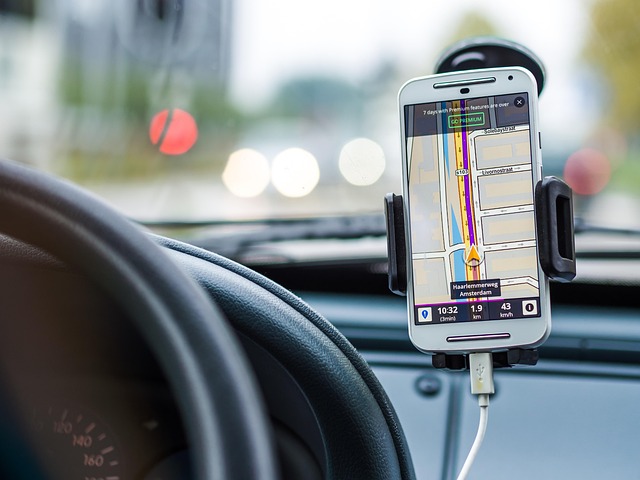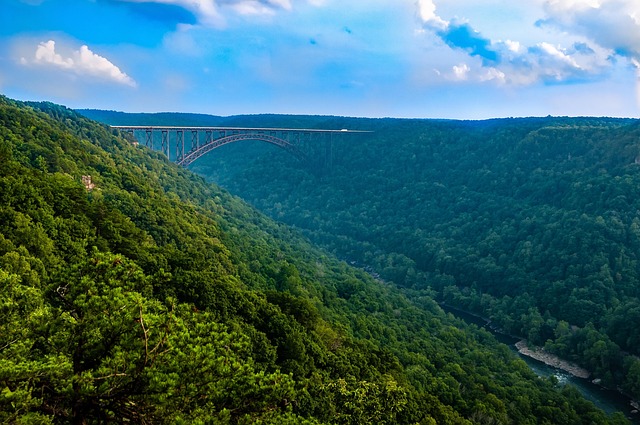In West Virginia, both state and federal laws protect consumers from unwanted robocalls, especially those related to charity solicitations. Charities must obtain prior express written consent before making automated calls and adhere to strict guidelines regarding telemarketing practices. Engaging a Robocall Lawyer or Spam Call Attorney in West Virginia is crucial for charities facing lawsuits due to such practices, as well as for individuals receiving harassing spam calls. These legal professionals ensure compliance with laws, maintain donor relationships, and provide guidance on rights and options under the law. Consumers are advised to register on the National Do-Not-Call Registry, state charitable lists, and directly opt-out of calls to combat unwanted charity phone calls.
“In the digital age, robocalls have become a ubiquitous yet often unwanted part of daily life. This is especially true for non-profit organizations and charities that use automated phone systems to reach potential donors. The question arises: what constitutes legal charitable robocalling in Grafton, West Virginia? This article explores the intricate web of regulations surrounding robocall lawsuits against charities, offering insights into rights, responsibilities, and strategic guidance from top Robocall Lawyers in West Virginia to ensure compliance with Spam Call laws.”
Understanding Robocall Regulations in West Virginia
In West Virginia, robocalls are regulated by both state and federal laws designed to protect consumers from unwanted and deceptive calls, especially those related to charity solicitations. The Telephone Consumer Protection Act (TCPA) sets forth guidelines for automated calling, including restrictions on when and how organizations can contact individuals. For instance, charities must obtain prior express written consent before making robocalls, meaning donors must have agreed in writing to receive such calls.
A Robocall Lawyer West Virginia or Spam Call Attorney West Virginia can help navigate these regulations. They ensure that charitable organizations comply with the TCPA and state-specific spam call laws, thereby avoiding costly lawsuits and penalties. If you’ve received unsolicited robocalls from charities or are facing legal repercussions for alleged violations, contacting a Spam Call Law Firm West Virginia is crucial. These experts can provide guidance on your rights and options under the law.
When Charity Calls Turn Into Spam: Legal Considerations
When a charity’s phone efforts cross the line from legitimate outreach to automated, unwanted calls—often known as robocalls—it can invite legal repercussions. In West Virginia, charities must adhere to strict guidelines regarding telemarketing and consumer protection laws. Using a robocall lawyer in West Virginia or engaging an experienced spam call attorney is crucial if your charity has faced lawsuits due to such practices.
Robocalls from charities that constitute spamming may lead to legal action by recipients who feel their privacy rights have been violated. A spam call law firm in West Virginia can help navigate these complex issues, ensuring compliance with state laws and federal regulations. Understanding the permissible use of automated calls for charitable purposes is essential to avoid costly lawsuits and maintain a positive relationship with potential donors.
Navigating Spam Call Laws: Rights and Responsibilities
In the digital age, charitable organizations often rely on automated phone calls, or robocalls, to reach potential donors and raise funds. However, these practices can inadvertently lead to legal issues if not conducted within the boundaries set by the law. West Virginia has specific regulations regarding robocall marketing, including charity-related initiatives. Understanding and adhering to these rules is crucial for non-profit entities to avoid costly lawsuits.
When it comes to spam calls, or unsolicited automated messages, both charities and individuals have rights and responsibilities. A robocall lawyer in West Virginia can guide organizations on acceptable call practices. Generally, charitable organizations must obtain prior consent from recipients before initiating automated phone campaigns. This ensures that the recipient has agreed to receive such calls. Moreover, the law restricts the timing and content of these calls, prohibiting excessive or harassing behavior. Individuals who feel their privacy has been invaded due to spam calls can file complaints with the appropriate authorities, potentially leading to legal action against the offending charities or their representatives, as assisted by a robocall attorney in West Virginia.
The Role of a Robocall Lawyer in West Virginia
In West Virginia, navigating the complex landscape of robocalls and charity-related spam is a specialized task, one that requires the expertise of a dedicated Robocall Lawyer in West Virginia. These legal professionals are equipped to handle the unique challenges posed by automated telephone marketing, especially when it involves non-profit organizations. With the ever-evolving Spam Call law in West Virginia, charities must adhere to strict regulations to protect consumers from intrusive and misleading robocalls.
A Robocall Attorney in West Virginia plays a pivotal role in ensuring these laws are respected. They guide charities through the process of obtaining proper consent for calling, advising on message content, and providing strategies to comply with do-not-call lists. Moreover, these lawyers assist in drafting agreements that protect the organization’s interests while respecting consumer rights, fostering a harmonious relationship between charities and their supporters.
Strategies to Handle Unwanted Charitable Phone Calls
Unwanted phone calls from charities can be frustrating and invasive, but there are several strategies to handle them effectively. The first step is to identify and understand the laws that protect consumers from such practices. In West Virginia, both state and federal regulations govern telemarketing activities, including charitable organizations. A Robocall lawyer or attorney specializing in West Virginia spam call law can provide guidance on these rules.
One common approach is to register your phone number with the National Do-Not-Call Registry, which restricts calls from various entities, including charities. Many states also have specific do-not-call lists for charitable organizations. Additionally, consumers can directly contact the charity and ask to be removed from their calling lists. If the practices persist, individuals may consider consulting a Robocall attorney in West Virginia to explore legal options, such as suing the charity under relevant spam call laws, which could involve seeking damages and an injunction against future unauthorized calls.






